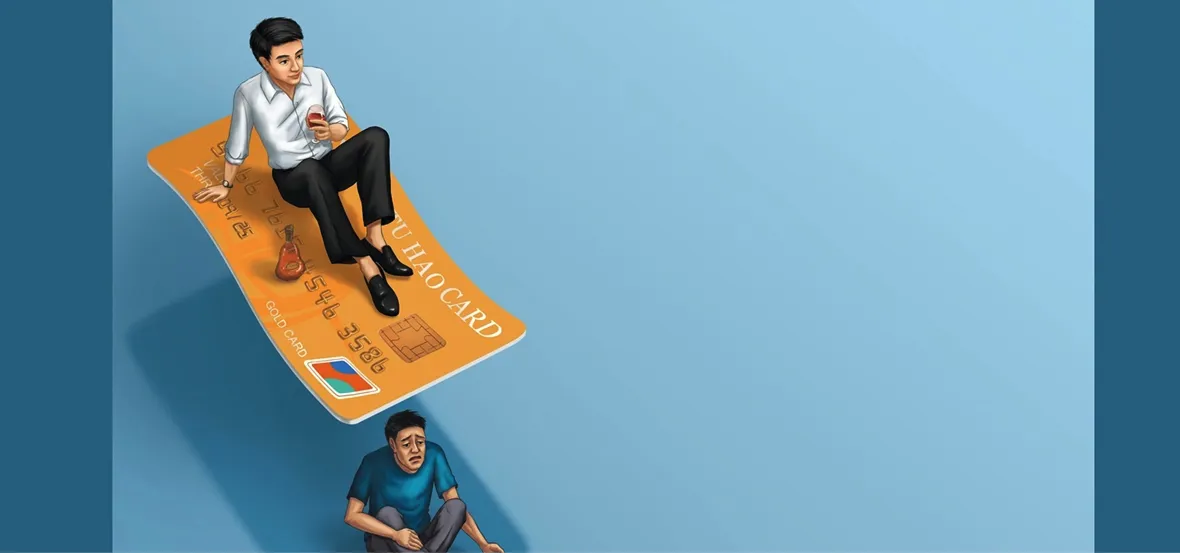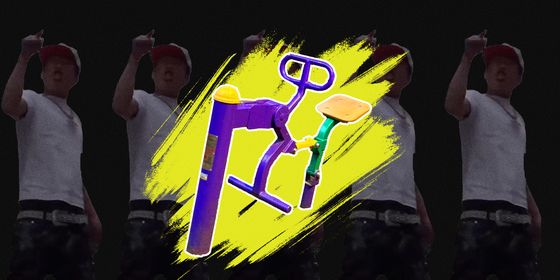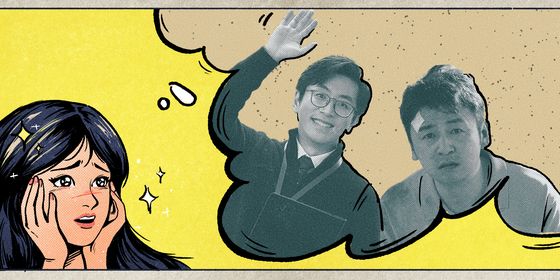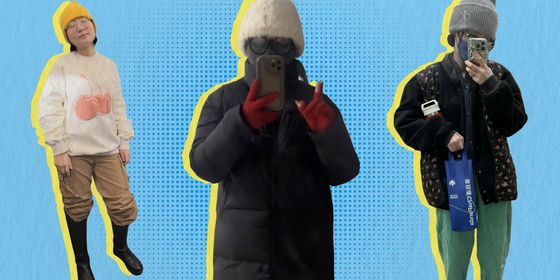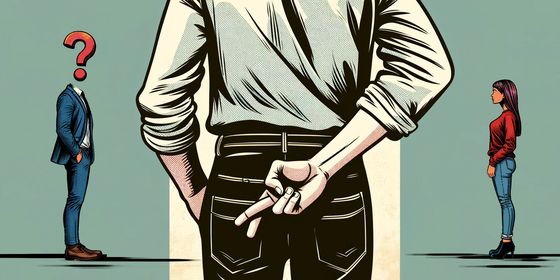Slang in poverty and richness
There’s a popular old joke often used to mock people who, let us put it delicately, lack much knowledge, experience, or imagination: Two poor farmers are ploughing the fields, and begin talking about what the emperor’s life must be like. One says: “The emperor can probably eat as many steamed buns as he likes for every meal.” The other one replies: “Yes! And the hoe he uses to work the fields must be made of pure gold!”
It’s a pretty good, albeit obvious punchline, that describes what some see as a genuine social phenomenon—summarized in the web-slang “贫穷限制了我的想象力” (Pínqióng xiànzhì le wǒ de xiǎngxiàng lì, Poverty has limited my imagination), a phrase first popularized in 2017.
The exact origins of this expression is unknown, but most learned of it after one of China’s highest-paid actresses, Fan Bingbing, showed off her engagement ring—featuring a shockingly huge diamond. Some netizens innocently wondered about the practicalities of doing everyday tasks with “such a heavy thing on her hand.” Predictably, such a question incurred a chorus of mockery: “Did you think she had to hand-wash her clothes every day?” other netizens jeered. The original askers were forced to admit: “Poverty has limited my imagination.”
About 1,300 years ago, China’s greatest realist poet, the Tang dynasty’s (618 – 907) Du Fu, gave voice to the poor and wretched with his savage stanza, “While the portals of the rich reek of sour meat and wine/ Outside these gates, frozen bodies lie by the wayside.”
But today, many people choose to face the income gap with humor and self-mockery, rather than satirizing the super-rich. Perhaps it’s because, instead of those truly living in extreme poverty, it’s the middle classes who like proclaiming themselves poor. You may have heard of the bewildering expression “五行缺钱” (wǔxíng quē qián, short of money among the Five Elements). The Five Elements or wuxing (metal, wood, water, fire, and earth) were a fivefold conceptual scheme in many traditional Chinese fields, once used to explain everything from cosmic cycles to the interactions between internal organs.
In folk beliefs, many people attribute bad luck to the lack of a particular “element” in their life. But apparently, for many people, poverty is the greatest misfortune, hence the joke: “The one wuxing element I am really short of is money.”
Still, in other cases, it’s rich folks spending their money conspicuously who become the target of teasing and ridicule. There’s a term for these extravagant fools—人傻钱多 (rén shǎ qián duō, rich in dollars, poor in sense)—who are soon parted with their money.
But sometimes, it can be hard to define someone’s exact expenditure, especially in these times of online economies and crypto currencies. For example:
He donated tens of thousands of RMB to a live streamer—is he is just a rich idiot, or has poverty limited my imagination?
Tā dǎshǎng le jǐ wàn kuài gěi wǎngluò zhǔbō. Shì tā rén shǎ qián duō, háishi pínqióng xiànzhì le wǒ de xiǎngxiàng lì?
他打赏了几万块给网络主播。是他人傻钱多,还是贫穷限制了我的想象力?
Money Talks is a story from our issue, “Vital Signs.” To read the entire issue, become a subscriber and receive the full magazine.





